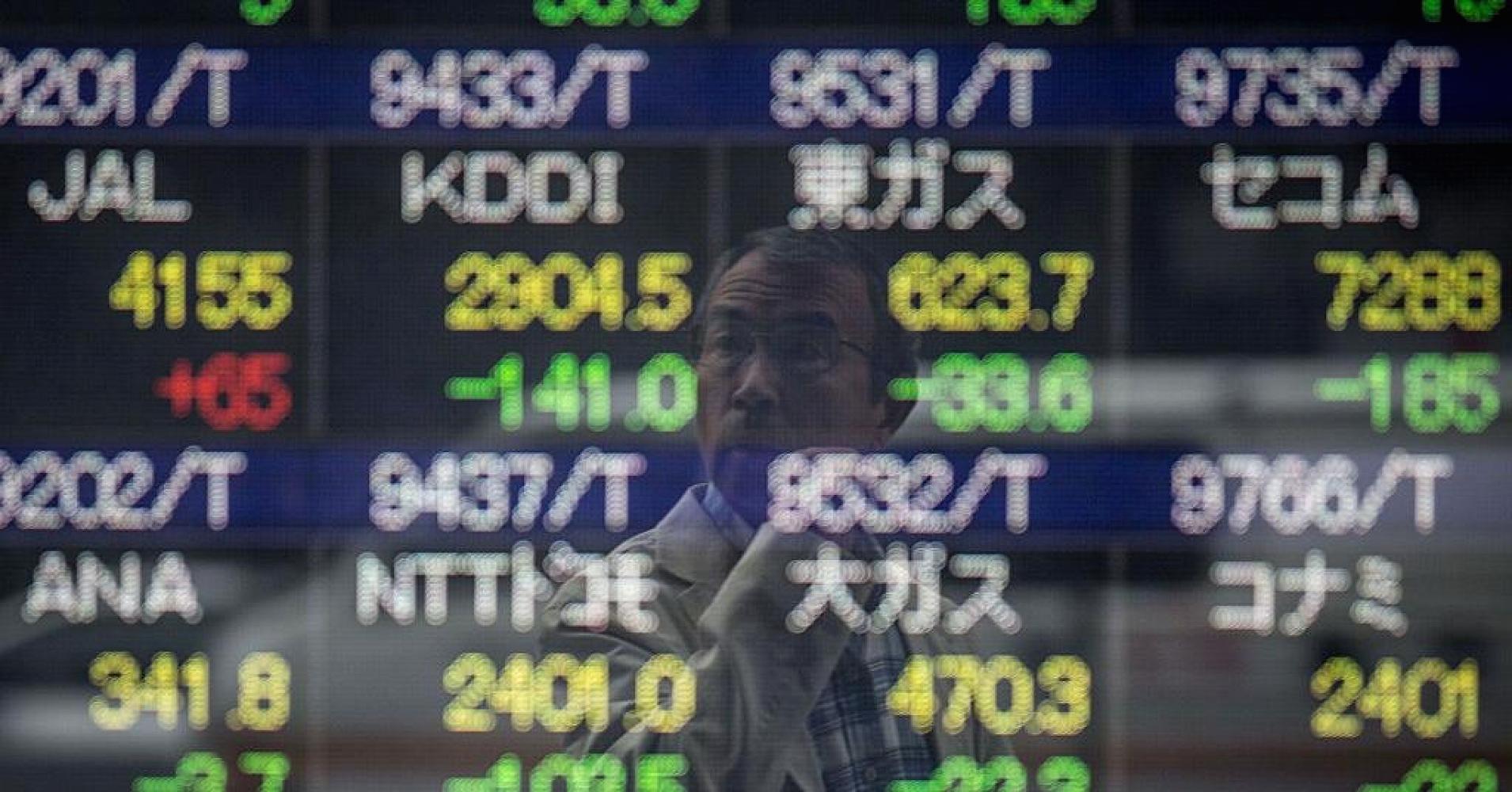
Asian markets were weaker on Tuesday, as the pullback on Wall Street overnight weighed on sentiment early in session.
In Tokyo, the Nikkei 225 fell 1.04 percent, or 223.21 points, tracking the declines seen stateside overnight. Tuesday’s move lower also extended the Nikkei’s decline in the last session amid an ongoing political scandal that’s hurting public support for Prime Minister Shinzo Abe.
The broader Topix index edged lower by 0.8 percent as all but two sectors slipped into negative territory.
Stocks elsewhere in the region saw slimmer losses, with Seoul’s benchmark Kospi off by 0.5 percent and Sydney’s S&P/ASX 200 slipping slightly by 0.56 percent.
South Korean tech names were softer following the slump in tech names stateside overnight, although that was partially offset by a strong showing among steelmakers. South Korea is requesting for an exemption from recently announced U.S. steel tariffs, Yonhap News Agency said.
In Australia, meanwhile, all sectors but gold producers were in the red, with losses led by the materials stocks.
Stocks stateside closed lower on Monday, with losses led by the Nasdaq composite’s 1.84 percent fall.
The index recorded its worst day since Feb. 8 as Facebook sank 6.8 percent on the back of a scandal involving data analytics firm Cambridge Analytica. Cambridge Analytica accessed the data of 50 million Facebook users without their permission, reports said.
Elsewhere, European markets closed lower on Monday, with the pan-European Stoxx 600 down 1 percent and the FTSE 100 falling 1.7 percent on the day.
Ahead, markets are focused on a two-day Federal Open Market Committee policy meeting that begins on Tuesday U.S. time. The Federal Reserve is expected to hike interest rates for the first time in 2018 at the end of that meeting.
The probability of a 25 basis point interest rate hike on Wednesday stood at 94.4 percent, according to the CME Group’s FedWatch Tool on Tuesday Asia time.
Despite that, the dollar was mostly steady, with the dollar index standing at 89.925 by 8:21 a.m. HK/SIN, off its overnight low of 89.872 but below levels around the 90 handle seen at the end of last week.
That came as sterling firmed after the U.K. and the European Union reached an agreement on the transition period before the former exits the bloc. The U.K. will stay in the group until the end of 2020.
Meanwhile, the euro strengthened following news from Reuters that the European Central Bank was steadily focusing more on discussion on future interest rates.
Both currencies held onto overnight gains, with the common currency trading at $1.2337 and the pound at $1.4024.
Here’s the economic calendar for Tuesday (all times in HK/SIN):
- 8:30 a.m.: Australia house price index
- 8:30 a.m.: Reserve Bank of Australia minutes
- 4:30 p.m.: Hong Kong inflation rate
— CNBC’s Silvia Amaro contributed to this report.

